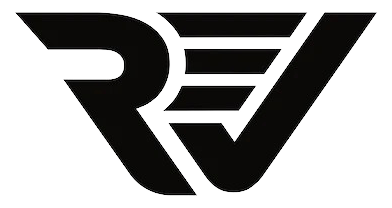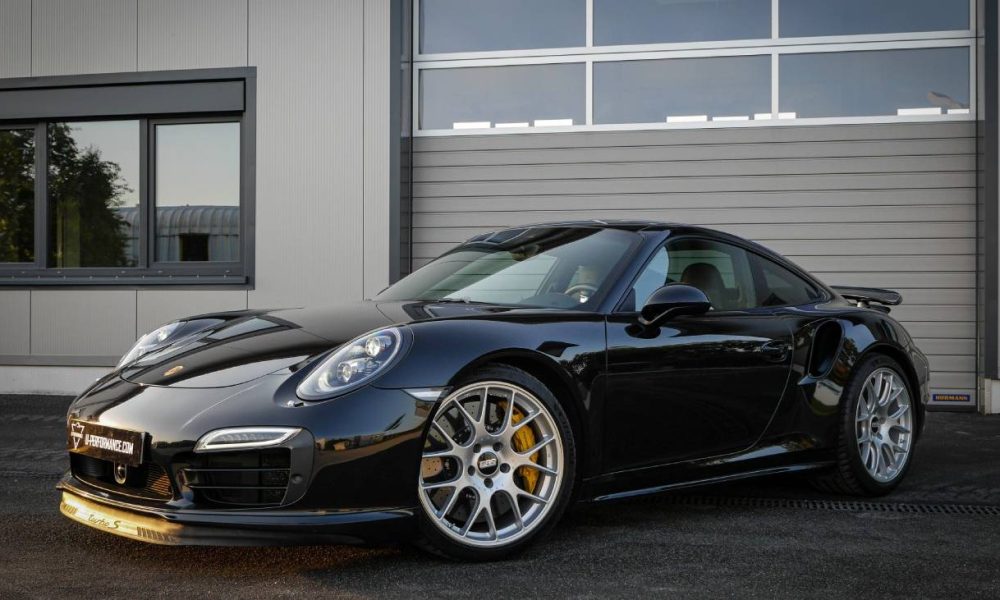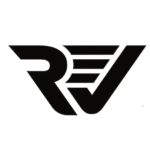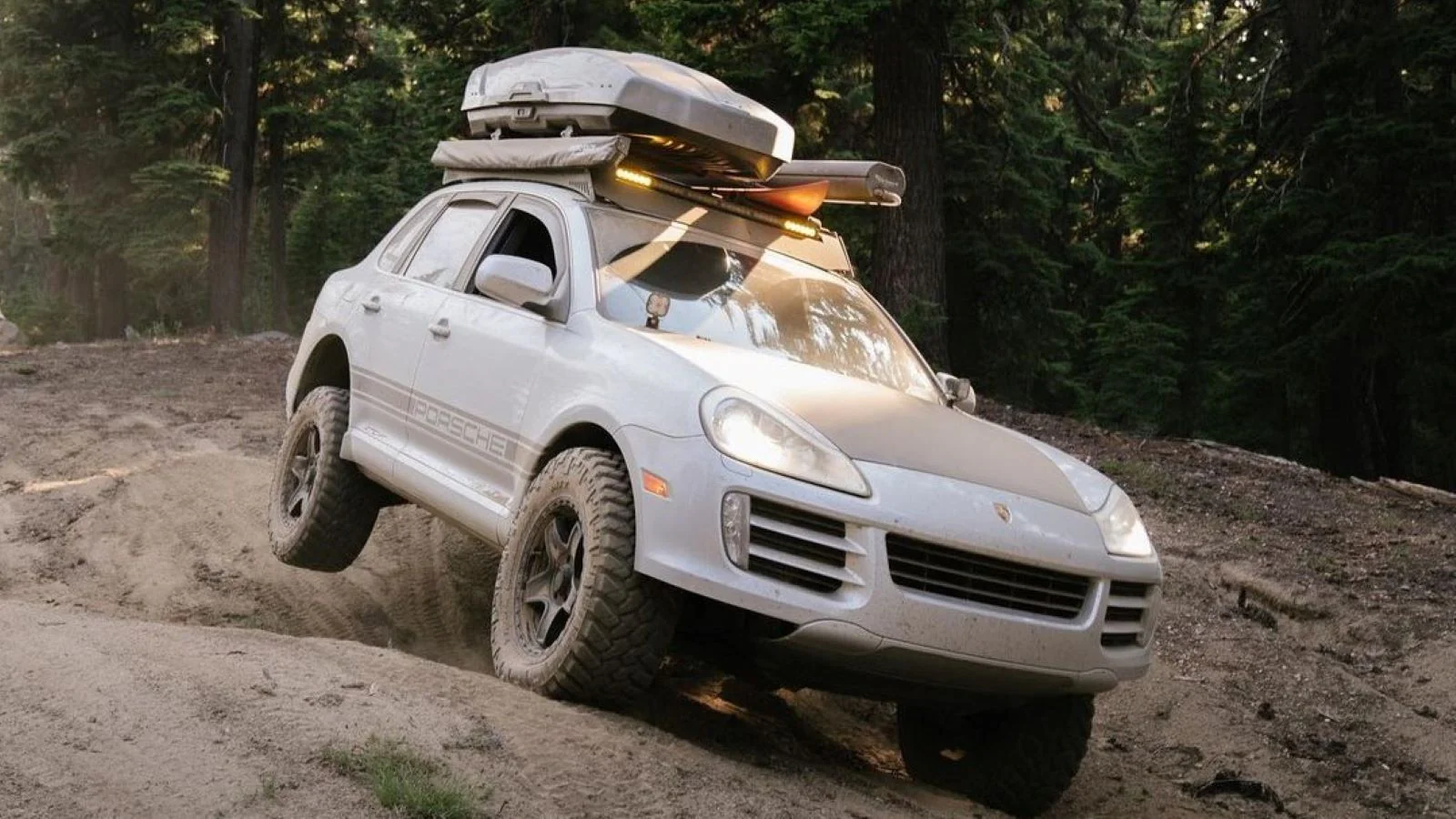Next upgrade, Wheels… What about those nice copies from a no name brand you found on ebay or alibaba for half the price? Understanding how rims are made is important, the quality of their manufacturing, the combination of metals utilized as well as the finish will determine how happy you will be long-term.
When looking to purchase aftermarket wheels, there are many different factors to consider. What car will you be fitting rims on? What use will you be giving that car, truck or SUV? Will you be off-roading, having fun on the track or is it simply just for show?
Forged or cast rims can be the perfect performance upgrade for your car or truck. Not only they can improve handling but also accomplish the cosmetic upgrade you were looking for.
Lighter, wider or larger are the most basic rim changes you might be looking for. You must also consider rim offset and also determine if you’re looking for monoblock rims, 2 piece or even 3 piece rims.

Now to the differences between a cast wheel and a forged wheel. This mainly comes down to how the rim is constructed or manufactured. The basic is forged rims are stronger yet heavier, cast rims offer lighter options but more prone to damage with potholes and such. These days high quality cast rims could be almost similar in strength to the average forged wheel due to advances in the alloys employed and the manufacturing process.
Forged Wheels
A forged rim is manufactured from a large piece of solid metal called a billet. The billet is made by heating metal to extreme temperatures and pressurizing it to take its shape. This thermal cycle process causes forged rims to be stronger than cast rims due to grain refinement. Consistent forging makes for stronger structural integrity with less material compared to a cast wheel, however the process costs more, rendering forged rims the more expensive option.
Forged rims offer several advantages. The manufacturing process results in a stronger wheel by eliminating cavities, porosity, and shrinkage. Due to its tighter grain structure, these are also mechanically stronger, ensuring better wear resistance over time. You also get better performance and handling because of this process.
This is the right choice in truck wheels if you plan heavy off-roading or for your track car or track wheels if you plan for heavy track use and abuse.
Cast Wheels
The cast wheel manufacturing process involves heating up aluminum until it reaches a molten state. The molten aluminum is then poured into a mold where it is cast into its final shape with the help of a vacuum. After the cast cools down, it is trimmed and drilled to perfection.
The casting process is quick and inexpensive but has the disadvantage of rendering a weaker material than a forged wheel. This is why the highest quality cast wheel is important as lesser ones will not last.
In addition to the advantage of being the less expensive option, cast rims offer other upsides. Casting rims offers a wide range of alloys to choose from. There are also no limits to casting weight and the process makes it much easier to produce complicated parts. Contrary to popular belief, a properly cast wheel can weigh more than a forged wheel and the build quality is more than enough for street and light track use.
Now that you understand the differences in construction of a forged wheel and cast wheel, we highly recommend to take advantage of our wheel search tool. You’re able to easily search wheels by diameter size, width, bolt pattern, etc. Choosing custom wims will take time, saving to your wish list and coming back to look at all your options is the best way in our opinion. If you still need help, reach out and one of our team members will be happy to assist!
Come check out our Forged and Cast Wheels offerings. We also carry a wide variety of wheel accessories, spacers, etc.






